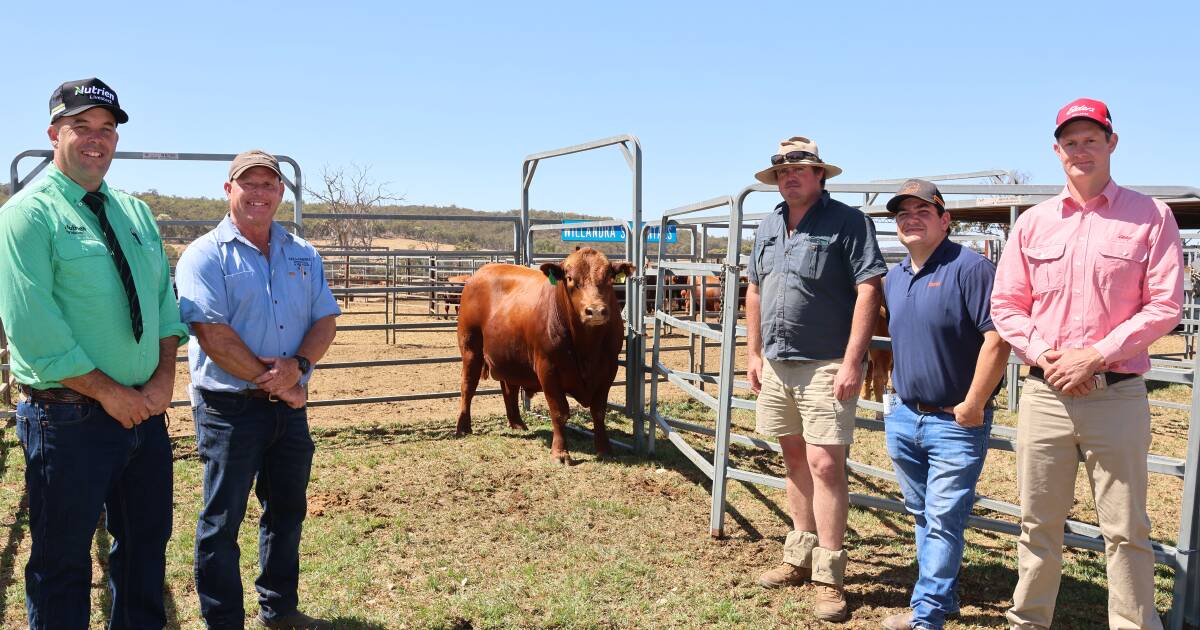
URGENT UPDATE: Farmers across Australia are grappling with a shocking wage crisis as new federal industrial rules are forcing their labor costs to skyrocket. Under the Pastoral Award 2020, a harvester driver earning a base rate of $32.90 per hour can suddenly cost employers $48.50 due to the 152-hour overtime cliff that kicks in rapidly during harvest season.
This alarming development, which has its roots in the policies of former Prime Minister Kevin Rudd, highlights a significant disconnect between federal wage regulations and the realities of agricultural work. Farmers are now facing a double penalty rate system that could cripple their profitability and sustainability.
Under the current system, once employees surpass 152 hours in a rolling four-week period, every hour worked becomes overtime, regardless of the day. This means that after just a few weeks of harvest, ordinary rates rapidly inflate to 150% for Saturdays and 200% for Sundays, with the weekday overtime rates soaring to 175%.
Farmers are left struggling to manage labor costs that have exploded due to these federal regulations. A typical harvest schedule—working 12 hours a day for 13 days—could rack up 312 hours in just four weeks, leading to a staggering amount of overtime pay. The effective hourly wage skyrockets, leaving many farmers in dire financial straits.
The situation stands in stark contrast to Western Australia, which has retained its own industrial relations system that allows for more sensible wage structures. Under the WA Farm Employees Award 1985, ordinary hours are capped at 10 hours per day, with much simpler penalty rates. This system enables farmers to maintain predictable labor costs without falling into the perilous overtime traps set by the federal rules.
The historical context reveals a series of industrial reforms that have led to the current crisis. The push for uniform national laws, originally aimed at simplifying labor standards, has instead created a bureaucratic nightmare that fails to accommodate the unique demands of agricultural work.
In response to this unfolding crisis, farmers and industry experts are calling for urgent reforms to the Fair Work Act to align wage structures with the realities of farming. As the harvest season approaches, the pressure is on for policymakers to address these critical issues before they devastate the agricultural sector.
What’s Next: Farmers are urged to reassess their employment structures, as those operating through companies face significantly higher wage bills compared to unincorporated entities. The looming risk of compliance audits from Fair Work and WorkSafe adds additional stress. Farmers must act swiftly to ensure they are prepared for the upcoming harvest season, as the consequences of inaction could be severe.
In an environment where every decision counts, maintaining meticulous records of hours worked and implementing fatigue management plans will be essential for compliance and worker safety. As the agricultural community grapples with these urgent challenges, the call for action has never been more pressing.






